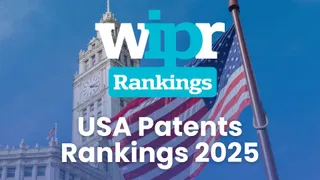
Australia reverses DABUS AI inventorship ruling
The Federal Court of Australia has overturned its prior ruling that artificial intelligence (AI) can be a named inventor on a patent application, striking down the last year’s surprising win for Stephen Thaler and his ongoing AI inventorship campaign.
Already registered?
Login to your account
If you don't have a login or your access has expired, you will need to purchase a subscription to gain access to this article, including all our online content.
For more information on individual annual subscriptions for full paid access and corporate subscription options please contact us.
To request a FREE 2-week trial subscription, please signup.
NOTE - this can take up to 48hrs to be approved.
For multi-user price options, or to check if your company has an existing subscription that we can add you to for FREE, please email Adrian Tapping at atapping@newtonmedia.co.uk

